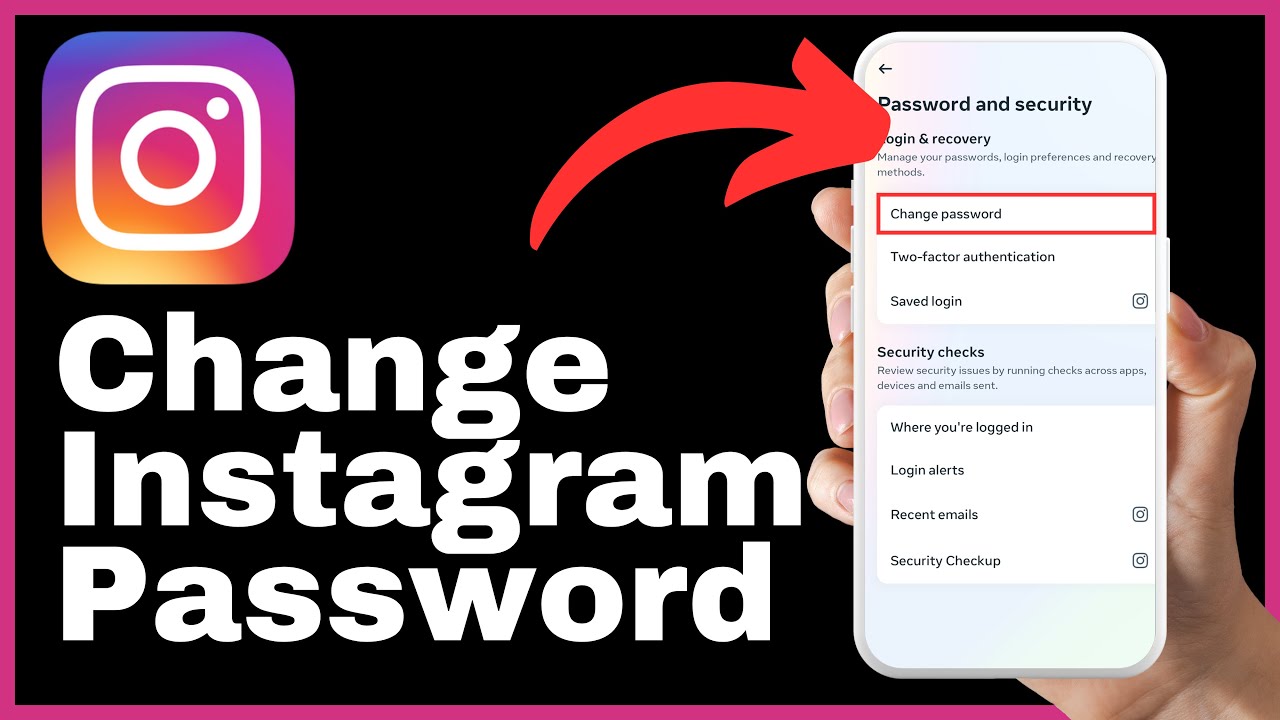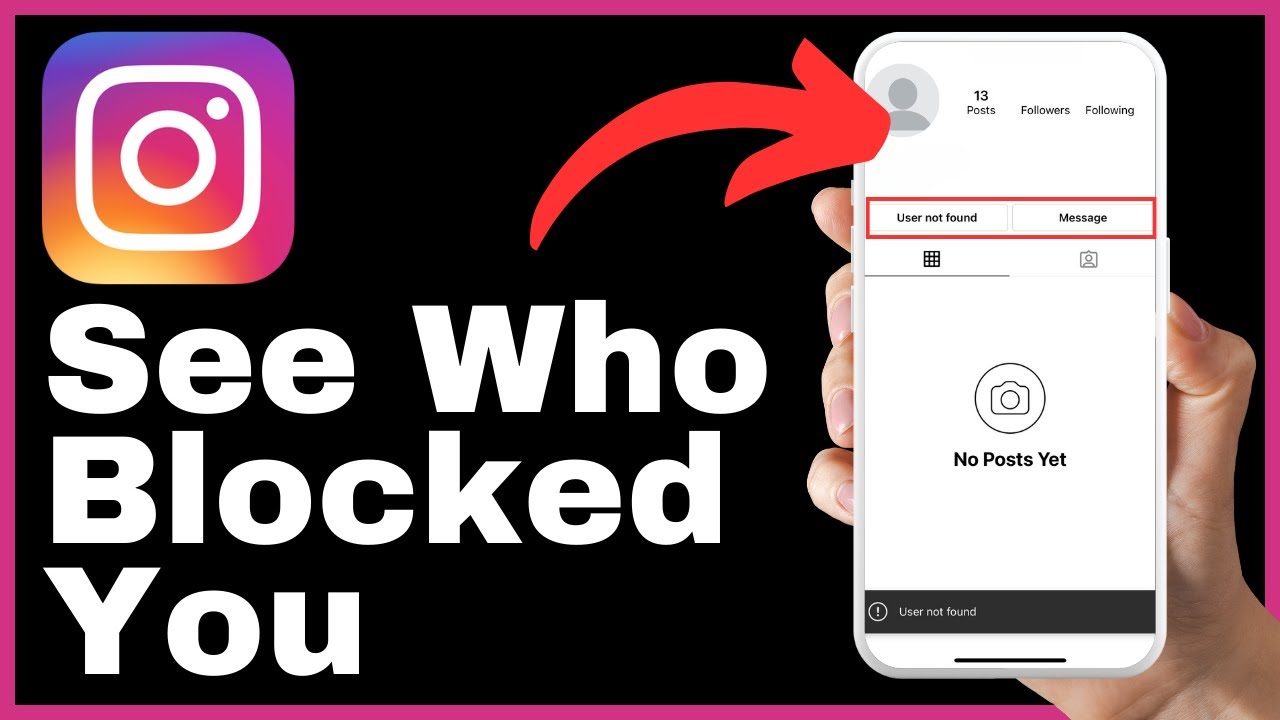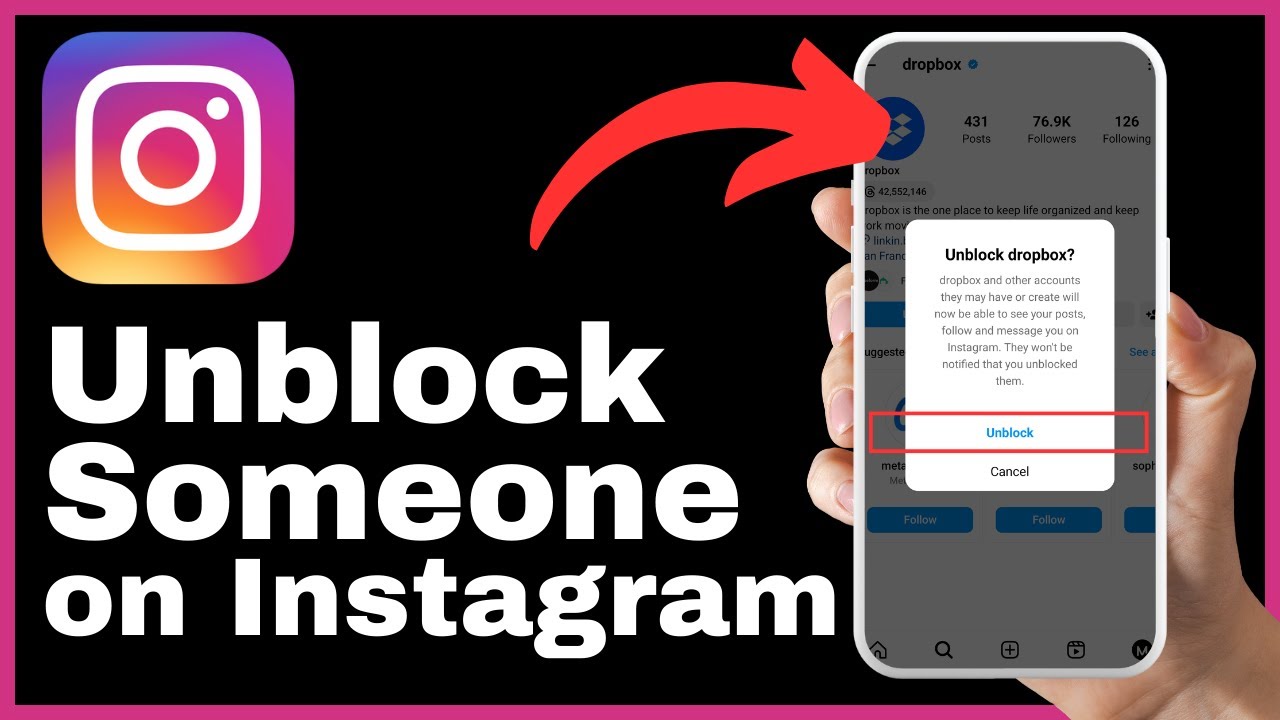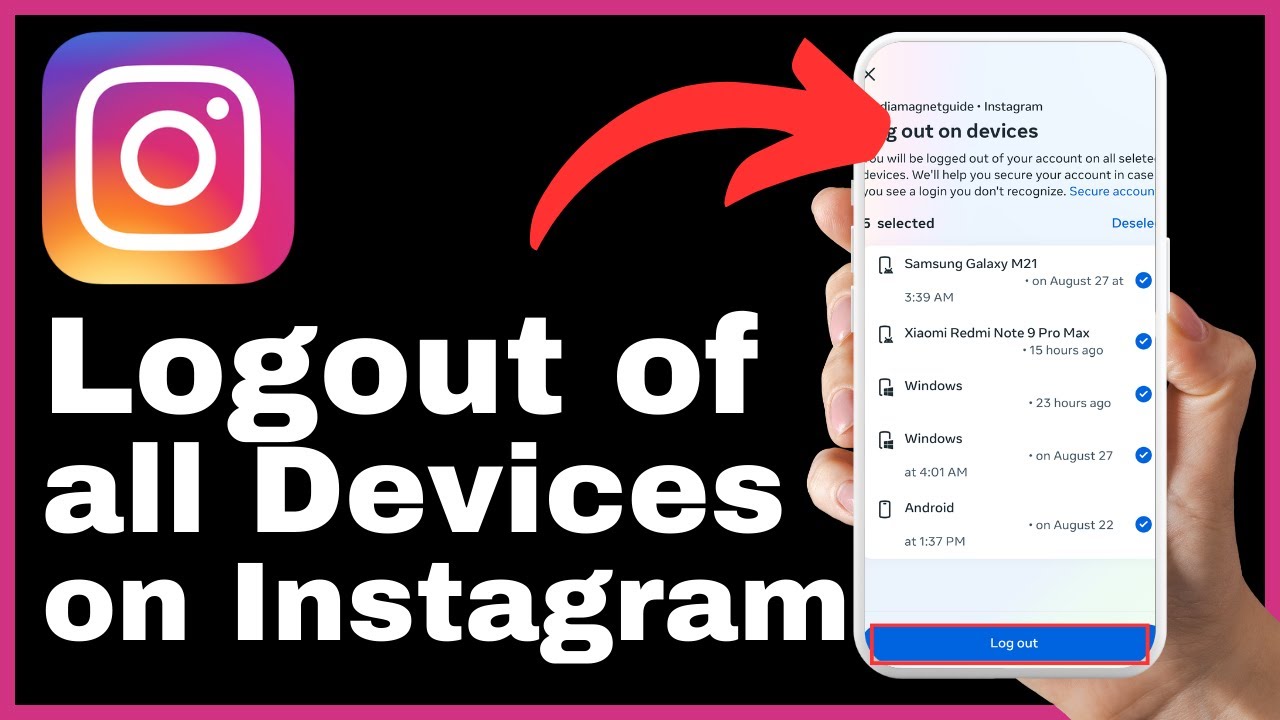In this article titled “How To Change Instagram Password,” you will learn step-by-step instructions on how to update your Instagram password in order to ensure the security of your account. The article is accompanied by a video created by Media Magnet Guide, which will guide you through the process visually. Your Instagram account is your digital Kingdom, and changing your password is crucial for its protection. This article aims to provide you with clear instructions on how to change your Instagram password, regardless of the type of device you’re using. By following these simple steps, you can ensure that your account remains secure and protected.
If you find this article helpful, please give it a thumbs up and consider subscribing to our channel for more informative content. We appreciate your support and strive to create valuable content for our audience.
Understanding the Importance of Changing Instagram Password
In today’s digital age, maintaining the security of our online accounts is crucial. One such account that requires diligent protection is our Instagram account. With millions of users and the potential for hackers to gain unauthorized access, it is important to understand the importance of changing your Instagram password regularly. By doing so, you can enhance the security of your account and prevent unauthorized access.
The need for regular password change
Regular password changes are essential for maintaining the security of your Instagram account. While many people may feel that their passwords are strong enough, it is important to remember that hackers are constantly evolving their techniques. By changing your password regularly, you stay one step ahead of potential security threats. It is recommended to change your password at least once every three months to ensure optimal security.
Password strength and its importance
When changing your Instagram password, it is vital to create a strong and complex password. A strong password consists of a combination of uppercase and lowercase letters, numbers, and special characters. It should be at least eight characters long and unrelated to personal information, such as your name or birthday. By creating a strong password, you minimize the risk of your account being compromised by brute force attacks or password guessing.
Beginning the Process
Changing your Instagram password is a straightforward process that can be done within the Instagram app. To get started, follow the steps outlined below.
Opening the Instagram app
To begin the process, open the Instagram app on your device. Ensure that you are logged in to your account to proceed with changing your password.
Navigating to your profile page
Once you have opened the Instagram app, navigate to your profile page. This can typically be done by clicking on your profile picture or tapping on your username located at the bottom of the screen. Upon reaching your profile page, you are ready to proceed with changing your password.
Accessing Account Settings
To change your password, you need to access the account settings within the Instagram app. Follow the steps below to locate the account settings.
Locating the three horizontal lines
At the top right corner of your profile page, you will see three horizontal lines. These lines represent the menu options within the Instagram app. Tap on the three lines to unveil the menu options.
Unveiling the menu options
Once you have tapped on the three lines, a menu will appear on your screen. This menu includes various options related to your Instagram account. Proceed to the next step to find the “Settings” option.
Finding ‘Settings’
Within the menu options, locate and click on the “Settings” option. The positioning of the “Settings” option may vary slightly, but it should be relatively easy to locate. Clicking on “Settings” will lead you to the next step in the password change process.
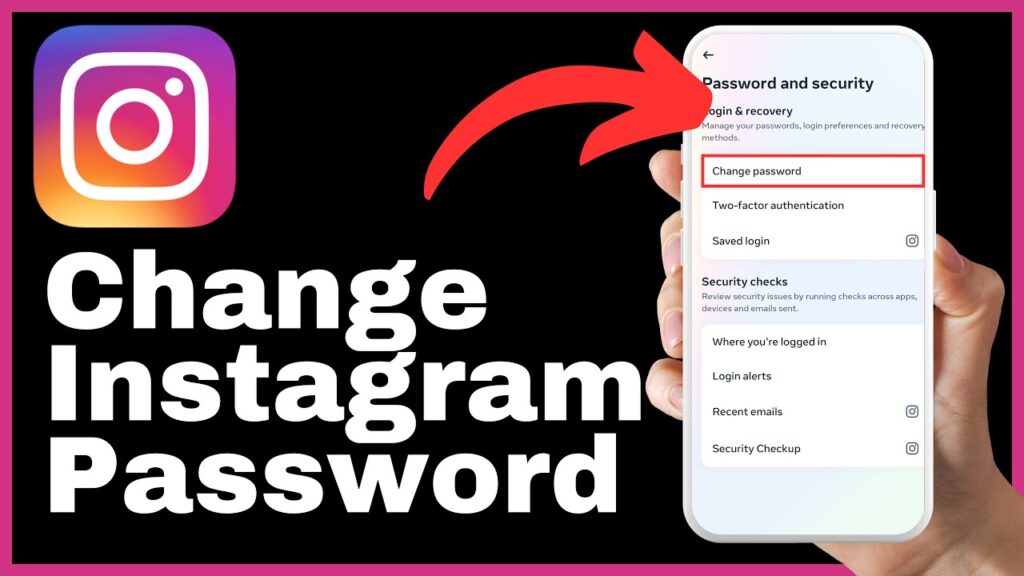
Navigating Into Security Settings
To change your password, you need to navigate to the security settings within the account settings of the Instagram app. Follow the steps outlined below to find the security settings.
Locating and clicking on ‘Security’
Once you are in the account settings, look for the “Security” option. This option is usually listed among other settings related to the security of your Instagram account. Click on the “Security” option to proceed.
Understanding the security options
Once you have clicked on “Security,” you will be presented with a list of security options. These options are designed to help you protect your Instagram account. Take a moment to familiarize yourself with the different security options available.
Locating Change Password Option
To change your password, you need to locate the “Change Password” option within the security settings. Follow the steps below to find this option.
Searching for ‘Password’ in the security section
If you are having trouble pinpointing the exact option for changing your password, utilize the search bar located at the top of the security section. Type in “password” and the search bar will guide you to the right spot.
Clicking on the ‘Password’ option
Once you have located the “Password” option, click on it to proceed with changing your Instagram password. This will lead you to the next steps in executing the password change.
Executing The Password Change
Now that you have reached the password change section, it is time to execute the password change process. Follow the steps below to change your Instagram password successfully.
Understanding the pop-up box
Upon selecting the “Password” option, a pop-up box will appear on your screen. This pop-up box allows you to enter your new password.
Entering your new password
In the pop-up box, enter your new password twice. Make sure that your password adheres to Instagram’s password criteria, which typically includes a combination of uppercase and lowercase letters, numbers, and special characters.
Confirming the new password
After inputting your new password in both fields, proceed to click on the button that confirms the successful reset of your password. This signifies that your Instagram account will now be secured with your newly set password moving forward.
Password Specifications
Instagram enforces specific criteria for password creation to ensure the highest level of security for your account. It is important to adhere to these stipulations when changing your password. Some common password specifications include:
- Your password must be at least eight characters long.
- Your password should include a combination of uppercase and lowercase letters.
- Your password should include numbers and special characters.
- Your password should not contain personal information, such as your name or birthday.
By following these specifications, you can create a strong and secure password for your Instagram account.
Confirming The Password Change
Once you have successfully changed your Instagram password, take a moment to review the confirmation of the password change. This confirmation will indicate that your password has been updated and you can begin using your newly set password.
Reviewing the success of password change
After confirming the password change, you will likely receive a notification or message confirming the successful update. Take the time to review this notification and ensure that your password has been updated as intended.
Understanding the usage of your new password
With the password change complete, you can now start using your new password to access your Instagram account. Remember to keep your password safe and refrain from sharing it with others. This will help maintain the security of your Instagram account.
Securing Your Account Post Password Change
Changing your Instagram password is just the first step in securing your account. To maintain a high level of security, it is important to adopt safe password habits and follow additional security measures.
Tips on maintaining account security
To ensure the ongoing security of your Instagram account, consider the following tips:
-
Enable two-factor authentication: By activating two-factor authentication, you add an extra layer of security to your account. This feature requires an additional verification step, such as a unique code sent to your phone, to access your account.
-
Be cautious when using third-party apps: Avoid granting unnecessary access to your Instagram account through third-party apps. Be selective in the apps you choose to connect with your Instagram account to minimize potential security risks.
-
Regularly review your account activity: Keep an eye on your account activity and review any unfamiliar or suspicious actions. If you notice any unauthorized activity, take immediate action by changing your password and reporting the issue to Instagram.
Adopting safe password habits
In addition to changing your Instagram password regularly, it is essential to adopt safe password habits overall. Consider the following practices:
-
Use unique passwords for each online account: Avoid using the same password for multiple accounts. Instead, create a unique password for each online platform you use. This way, if one account is compromised, the others remain secure.
-
Use a password manager: Consider utilizing a password manager to generate and store your passwords securely. Password managers can help you create strong passwords and remember them, eliminating the need to memorize multiple complex passwords.
-
Regularly update all your passwords: Instagram is not the only account that requires password updates. Make it a habit to change your passwords regularly for all your online accounts.
By following these practices, you can significantly enhance the security of your online presence, including your Instagram account.
Conclusion
Changing your Instagram password is a crucial step in maintaining the security of your account. By regularly updating your password and adhering to password criteria, you can significantly minimize the risk of unauthorized access. Additionally, adopting safe password habits and implementing two-factor authentication can further enhance your account’s security. Remember, your Instagram account is your digital Kingdom, and safeguarding it should be a top priority. Stay vigilant, stay secure.

